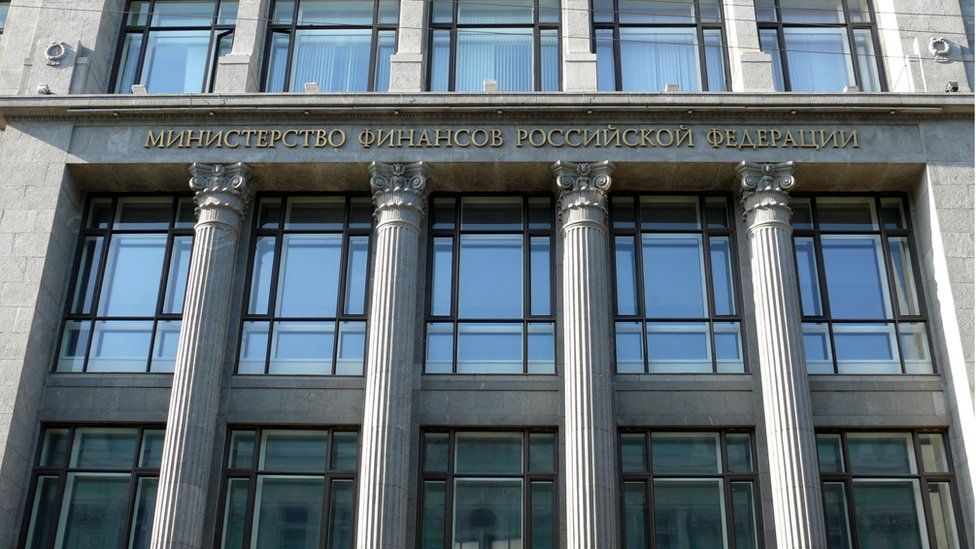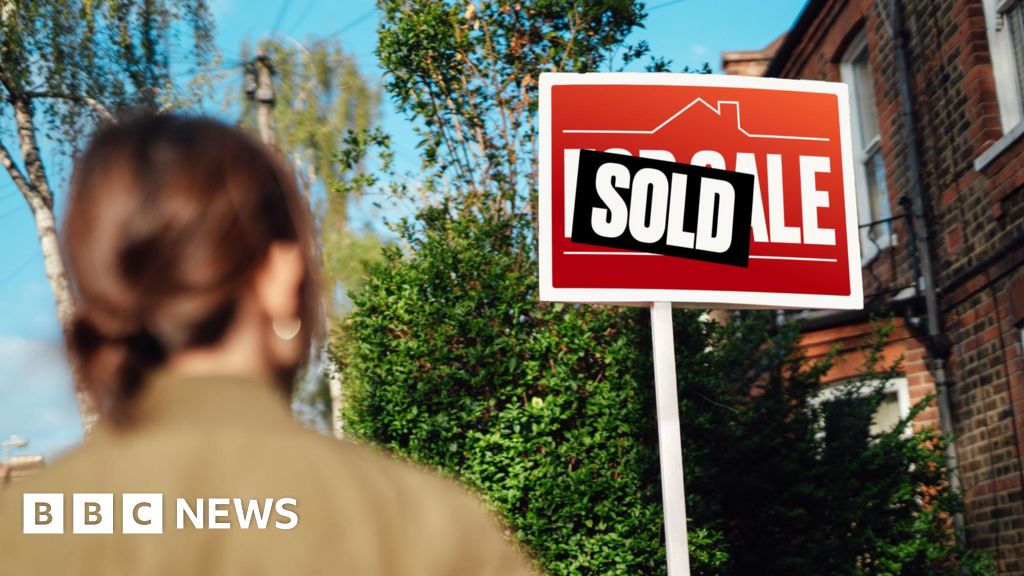ARTICLE AD BOX
By Ben King
Business reporter, BBC News
 Image source, Getty Images
Image source, Getty Images
Russia is on the brink of its first debt default since 1998 as the Sunday deadline to make a $100m interest payment seems certain to be missed.
Russia has the money and is willing to pay, but sanctions make it impossible to get the payments to international creditors.
The Kremlin has been determined to avoid a first default since 1998, and a major blow to the nation's prestige.
The Russian finance minister branded the situation "a farce".
Russia has seemed on an inevitable path to default since sanctions were first imposed by the US and EU following the invasion of Ukraine.These restricted the country's access to the international banking networks which would process payments from Russia to investors around the world.
The Russian government has said it wants to make all of its payments on time, and so far it has succeeded.About $40bn of Russia's debts are denominated in dollars or euros, with around half held outside the country.
A default would be the first since 1998, at the chaotic end of Boris Yeltsin's regime.
The $100m interest payment was due on 27 May. Russia says the money was sent to Euroclear, a bank which would then distribute the payment to investors.
But that payment has been stuck there, according to Bloomberg News, and creditors have not received it.
"They have not got it," says Jay Auslander, a US lawyer who has worked on many government debt cases. "And the overwhelming probability is they're not going to get it."If this money has not arrived within 30 days of the due date, that is, Sunday evening, that will widely be considered a default.
Euroclear wouldn't say if the payment had been blocked, but said it adheres to all sanctions.
Default appears inevitable
Default seemed inevitable when the US Treasury decided not to renew the special exemption in sanctions rules allowing investors to receive interest payments from Russia, which expired on 25 May.
The Kremlin now appears to have accepted this inevitability too, decreeing on 23 June stating that all future debt payments would be made in roubles through a Russian bank, the National Settlements Depository, even when contracts state they should be in dollars or other international currencies.
Finance Minister Anton Siluanov admitted foreign investors would "not be able to receive" the payments according to the RIA Novosti news agency.
This was for two reasons, he said. "The first is that foreign infrastructure - correspondent banks, settlement and clearing systems, depositories - ares prohibited from conducting any operations related to Russia. The second is that foreign investors are expressly prohibited from receiving payments from us."
Because Russia wants to pay and has plenty of money to do it, he denied that this amounts to a genuine default, which usually occur when governments refuse to pay, or their economies are so weak that they cannot find the money.
"Everyone in the know understands that this is not a default at all," RIA Novosti quoted him. "This whole situation looks like a farce."
Image source, Getty Images
Image caption,Russian finance minister Anton Siluanov branded the situation "a farce"
It's not clear how a default would be officially declared.
The credit ratings agencies, which assess the creditworthiness of borrowers, would normally play the role of officially declaring a default, but they are banned from covering Russia by EU sanctions.
And the Credit Derivatives Determinations Committee, which determines whether payments have been missed and investors can claim on insurance-like contracts called Credit Default Swaps, has already ruled that Russia failed to pay, after it didn't pay around $2m interest due on a late payment in May.
Alternatively, the creditors themselves could declare a default, and request that Russia pays the entire value of the debts back right away. Other creditors to Russia could also claim immediate repayments on their debts, under so-called cross-default provisions, Mr Auslander says.
If Russia fails to pay, they could go to court to try to get their money.
Though default would be a symbolic blow, it would have few immediate practical consequences for Russia.
Defaulting nations usually find it impossible to borrow any more money, but Russia is already effectively barred from borrowing in Western markets by sanctions.
In any case, it is reportedly earning around a billion dollars a day from fossil fuel exports, and Siluanov said in April the country has no plans to borrow more.

 2 years ago
39
2 years ago
39








 English (US) ·
English (US) ·